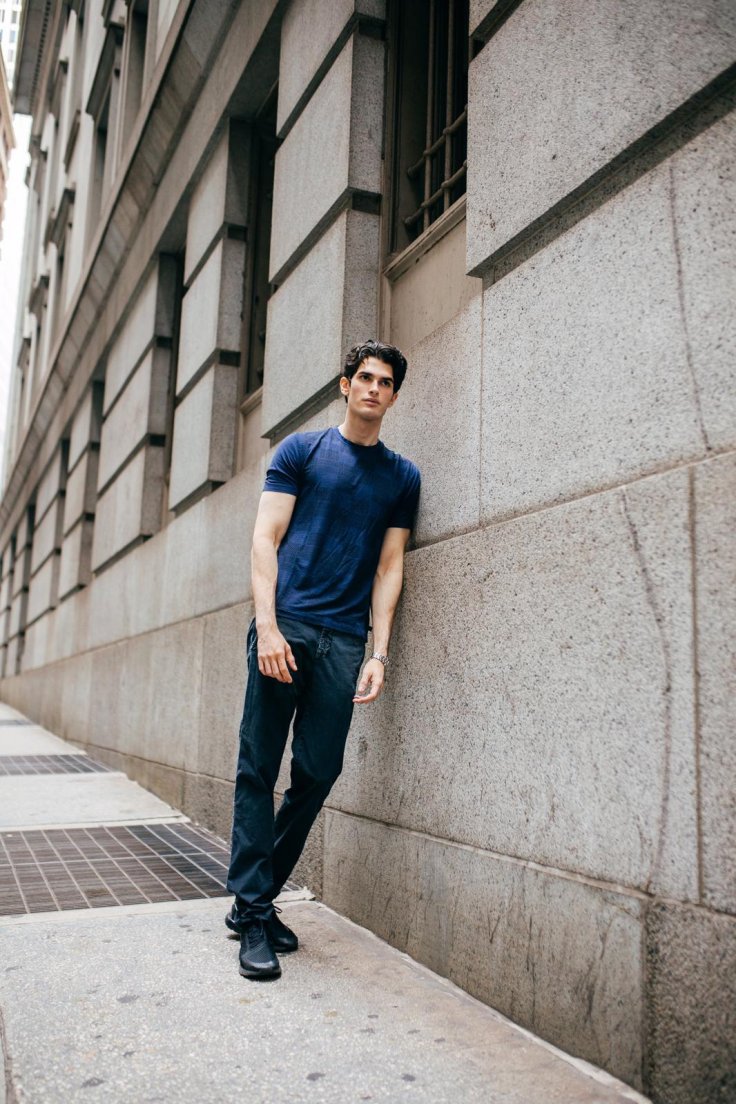
"Beauty is in the eye of the beholder." It's a saying so ubiquitous as to have lost nearly all meaning. Your artwork was rejected by the committee? No worries. Your longtime crush derided your appearance? Well, what does she know? Beauty, after all, is subjective. Everybody says so.
The only issue is that this is not true. Beauty is no more subjective than the forces of physics or mathematical models. The fundamental difference is that beauty, to the chagrin of our increasingly science-obsessed society, cannot be reduced to an equation. Oh, people have most certainly tried, but the transcendent power of beauty stems not from some hidden science but instead from its very ascendancy over the laws of logic.
It is important to first establish that there are, indeed, certain things which are universally considered to be beautiful; take, for example, a grand garden or serene snowscape. One would be hard-pressed to find an individual who does not believe these things to be beautiful. And if you do find him, it is not at all unlikely that his dissenting opinion materializes from a conviction to be contrarian as opposed to genuine belief.
Of course, it would be intellectually dishonest not to concede that the beauty of other things is far more disputed. Human attraction is an obvious case. Many people find themselves incredibly attracted to Benedict Cumberbatch's physical appearance, but perhaps equally many are utterly vexed as to how anyone could find him attractive at all. Does this disagreement refute the objectivity of beauty?
Not at all. It instead implies the existence of levels of beauty; Cumberbatch may be more beautiful than your fifth-grade math teacher, but it isn't unreasonable to say that he's less beautiful than a sea of stars in a clear dark sky. It is the existence of this scale that makes the objectivity of beauty a compelling consideration, for similar scales exist in areas where objectivity is more easily accepted.
Take gravity: our Earth has quite a strong gravitational pull, as anyone who has fallen can attest, but it is dwarfed by that of our Sun. The same sort of scale exists within logical reasoning in a field known as fuzzy logic. It is not necessarily untrue to call an oval circular, but it is truer to call a circle circular. It is thus that one can say that certain beauties are more powerful than other beauties, and it is these beauties that are more easily discerned by the fallible human eye. Just because we are imperfect observers of beauty does not mean that beauty is not objective.
The question of real significance, naturally, is not what things are beautiful but why things are beautiful; it is this 'why' that makes the objectivity of beauty a joy to accept. What is it about a colorful composition that so stirs the warmth in our chests? What is it about a wonderfully-worded metaphor that soothes our spines? What is it about art that compels us to create, that speaks not only to our brains but to our souls?
The answer is the truth. Beauty is truth made manifest. Truth, you see, cannot be relegated to the realms of logic and mathematics. These are undeniably useful tools to help explain the truth, but unlike truth, they are not absolutes in themselves. After all, logic itself dictates through Gödel's incompleteness theorems that it is impossible to prove all true parts of mathematics. Does this not hint at an inherent limitation in a purely scientific worldview?
We must accept that truth exists independently of human rationality. It existed before us, and it will burn brightly long after our species is extinguished. Some truths, like simple arithmetic and the existence of chemical elements, are firmly within our grasp. But full explanations of deeper, more consequential truths may evade us forever. And that's okay. Beauty does not demand our understanding — only our admiration.









